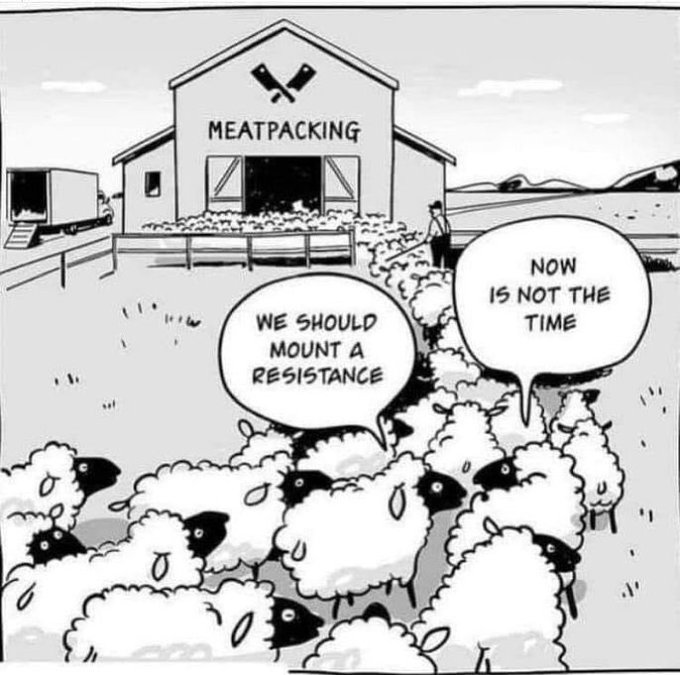What’s striking in today’s mess is how desperately we need spaces for people to come together and organise against the concentrated accumulations of power that are running rampant. Billionaires and massive corporations hold most of the power, shaping society to serve their narrow interests, while the rest of us are left to fend for ourselves as the social and ecological foundations collapse around us. Worse still, the law—once seen by some as a tool for justice—has been openly co-opted to maintain this imbalance. By declaring that corporations are people and that money is speech, the legal system has been twisted to the will of the #nastyfew, rigging the system ever more.
Yet, as is often the case, the root of this wealth and power is labour. Wealth doesn’t exist without the workers who create it. If workers collectively said, “We’re not putting up with this anymore,” the balance of power would shift overnight. The numbers are overwhelmingly on our side—there are far more workers than there are billionaires and CEOs. The problem isn’t a lack of power, it’s a lack of organised power. The real challenge is bringing that latent force together.
This is where the original promise of the internet—and the #openweb—once offered hope. These tools were supposed to create open, horizontal spaces for solidarity, connection, and global collective action. But for the last 20 years, with the rise of the #dotcons, they’ve done the exact opposite. Instead of bringing us together, they’ve carved us into isolated filter bubbles and antagonistic echo chambers, constantly at war over manufactured divisions.
And it’s become increasingly obvious that this isn’t a byproduct of bad design—it’s the business model. The algorithms that dominate our online lives are designed to maximise profit and control by fuelling conflict and outrage. The more we argue, click, and spiral into reactive cycles, the more money flows into the pockets of the platform owners. Social media hasn’t just failed its stated purpose of connection—it’s been repurposed as a weapon of division.
A study out of the Netherlands drove this home. Researchers found that the overwhelming majority of misinformation on social media originates from right-wing populist networks. This is a deliberate tactic, misinformation and polarisation serve to confuse and distract, obscuring the suffering, the unchecked concentration of wealth and power in the hands of a toxic few. The #dotcons are a systemic effort to fracture society, weaponising identity politics and #stupidindividualism to keep us fighting each other instead of confronting the root causes.
If we’re going to break out of this death spiral, we have to bypass the endemic #techshit. This is where activist-led projects like the #OMN come in—creating new spaces rooted in solidarity, shared stories, and collective action. These aren’t just tools, they’re seeds for new social relations and regenerative culture. We still have the numbers. What we need now is the courage and will to come together—to become the change and challenge that this world so urgently needs.



